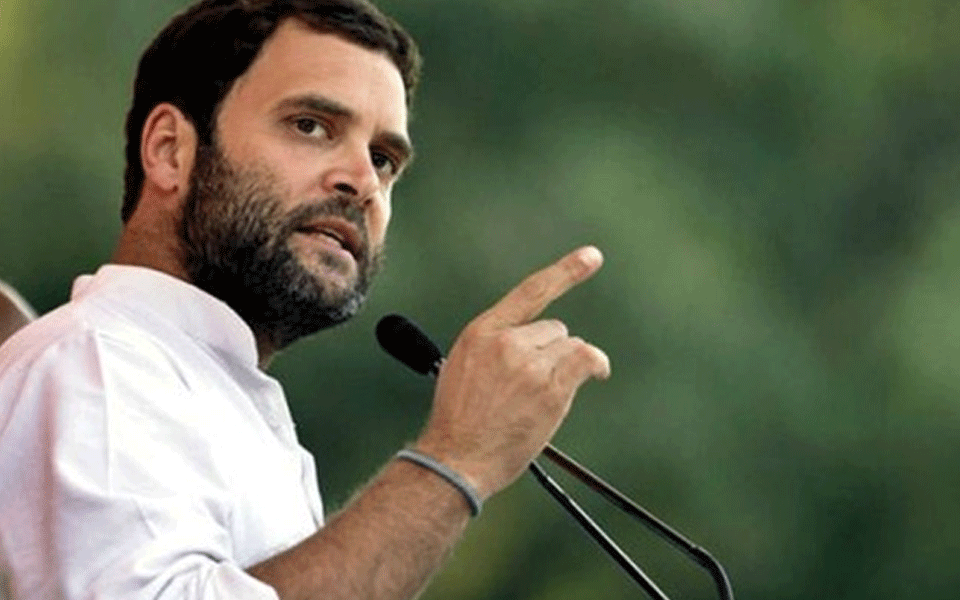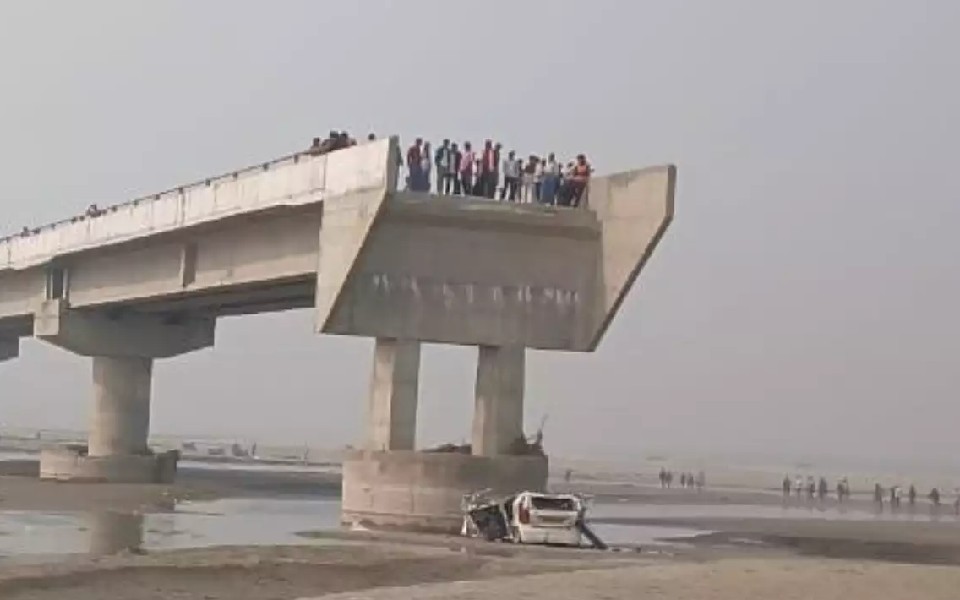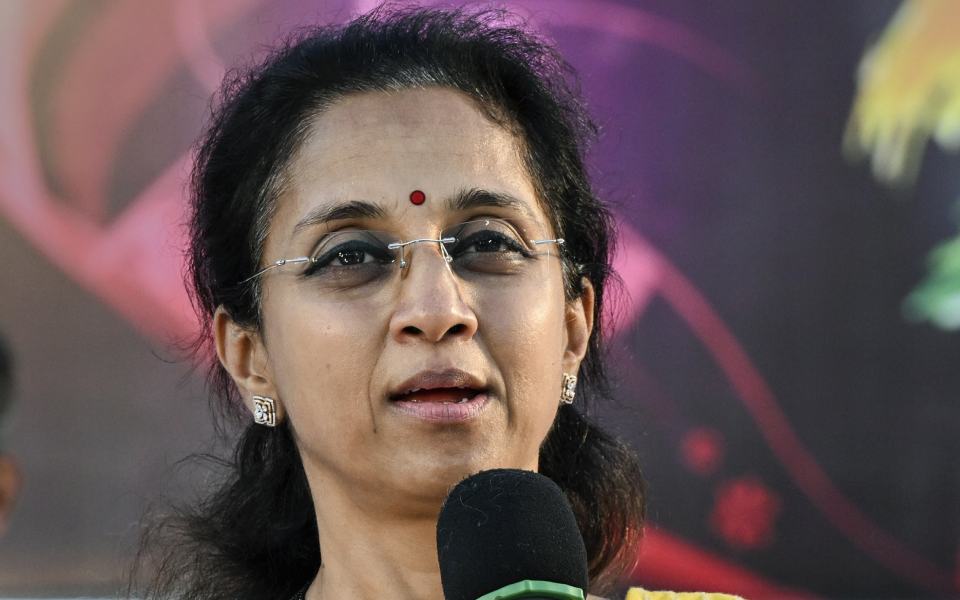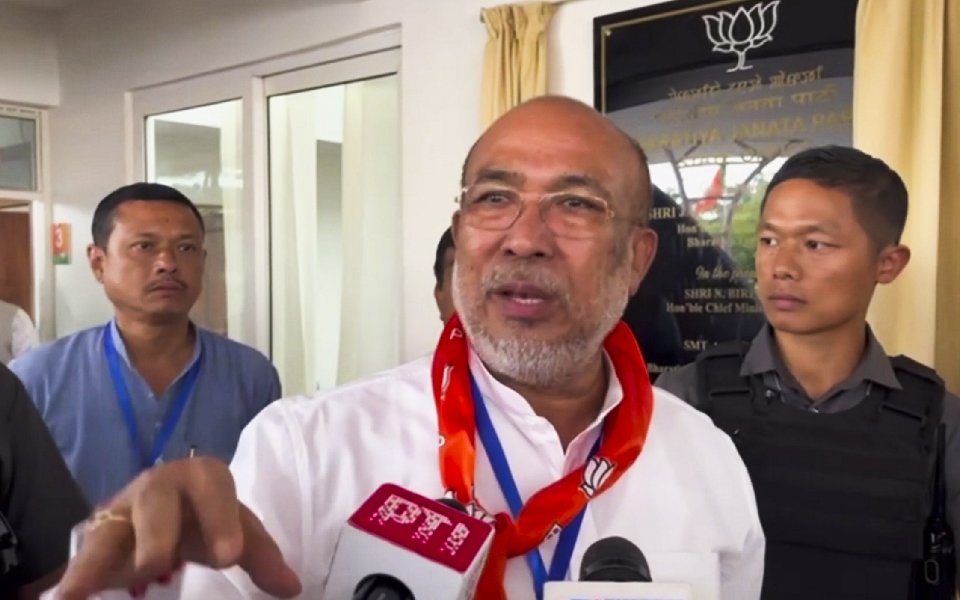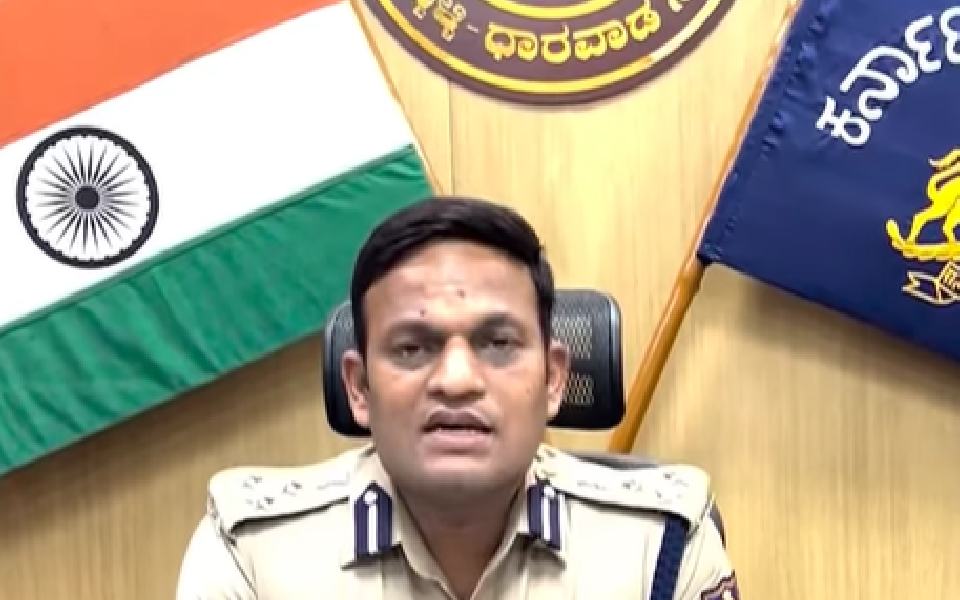Raipur, May 17: Congress President Rahul Gandhi on Thursday hit out at the Narendra Modi government, saying the Supreme Court judges had to go to people with their complaints -- a phenomenon that happened only in Pakistan and some African countries -- and now for the first time in India.
Gandhi, who was addressing "Jan Swaraj Sammelan" as part of the Congress preparations for assembly polls in Chhattisgarh later this year, accused the Bharatiya Janata party (BJP)-led central government of trying to create an atmosphere of fear across the country.
Gandhi targeted Modi government on a range of issues concerning farmers, women and the Dalits.
He cited the issues raised by four senior judges of the Supreme Court in January this year to target the Modi government and compared it to dictatorships.
"Usually, people go to the Supreme Court for justice. But for the first time in 70 years, we saw Supreme Court judges coming to the people complaining that they were being intimidated and they not being allowed to do their job," Gandhi said.
"Something like this happened for the first time in a democratic country. It happens in dictatorships. It happened in Pakistan and Africa. But this happened for the first time in 70 years in India," he said.
The Congress President said both the Narendra Modi government and the BJP government states had failed to create job opportunities.
"They don't want Dalits, backward classes and women to fulfil their dreams," he said.
"The BJP claims that women are not in a position to stand as equals alongside men. The only job of women is to cook at home. Only job of the Dalits is to clean and sweep and not dream of a better future," Gandhi alleged.
He said the Modi government did not waive off loans of farmers and alleged that it sought to snatch their land as also that of tribals.
"Modiji considers the farmers a burden on the nation. We consider the farmers to be the backbone of our country. Our duty is to enhance the Panchayati Raj system to protect and restore their rights that the BJP is trying to deprive them of," he said.
"Water, forests and land rights belong to Adivasis and these should be handed over to them. They should be given the power to be self-sufficient. Every citizen of the country must be part of the progress of the country, be it a Dalit or an Adivsi," he noted.
Gandhi alleged that the Rashtriya Swayamsevak Sangh, the ideological patron of BJP, was trying to capture institutions.
"The ideals of Mahatma Gandhi are threatened everyday but the spirit of people of India will stand strong," he said.
If Congress won the 2019 Lok Sabha election, it would focus on education, healthcare, and employment. "We will work on education in government schools and make it more accessible."
Let the Truth be known. If you read VB and like VB, please be a VB Supporter and Help us deliver the Truth to one and all.
Bareilly (UP), Nov 24: Three people died when their car fell into the Ramganga river from a partially constructed bridge here on Sunday, police said, adding that they suspect the driver was misled by its navigation system into taking the unsafe route.
The accident occurred around 10 am on the Khalpur-Dataganj road when the victims were travelling from Bareilly to Dataganj in the Badaun district, they said.
"Earlier this year, floods had caused the front portion of the bridge to collapse into the river, but this change had not been updated in the system," Circle Officer Ashutosh Shivam said.
The driver was using a navigation system and did not realise that the bridge was unsafe, driving the car off the damaged section, the police said.
There were no safety barriers or warning signs on the approach to the damaged bridge, leading to the fatal accident, Shivam said.
Upon receiving information, police teams from Faridpur, Bareilly and Dataganj police station rushed to the spot. They recovered the vehicle and the bodies from the river, Shivam added.
The circle officer said that bodies had been sent for post-mortem. Further investigation into the matter is underway.
— Bareilly Police (@bareillypolice) November 24, 2024

